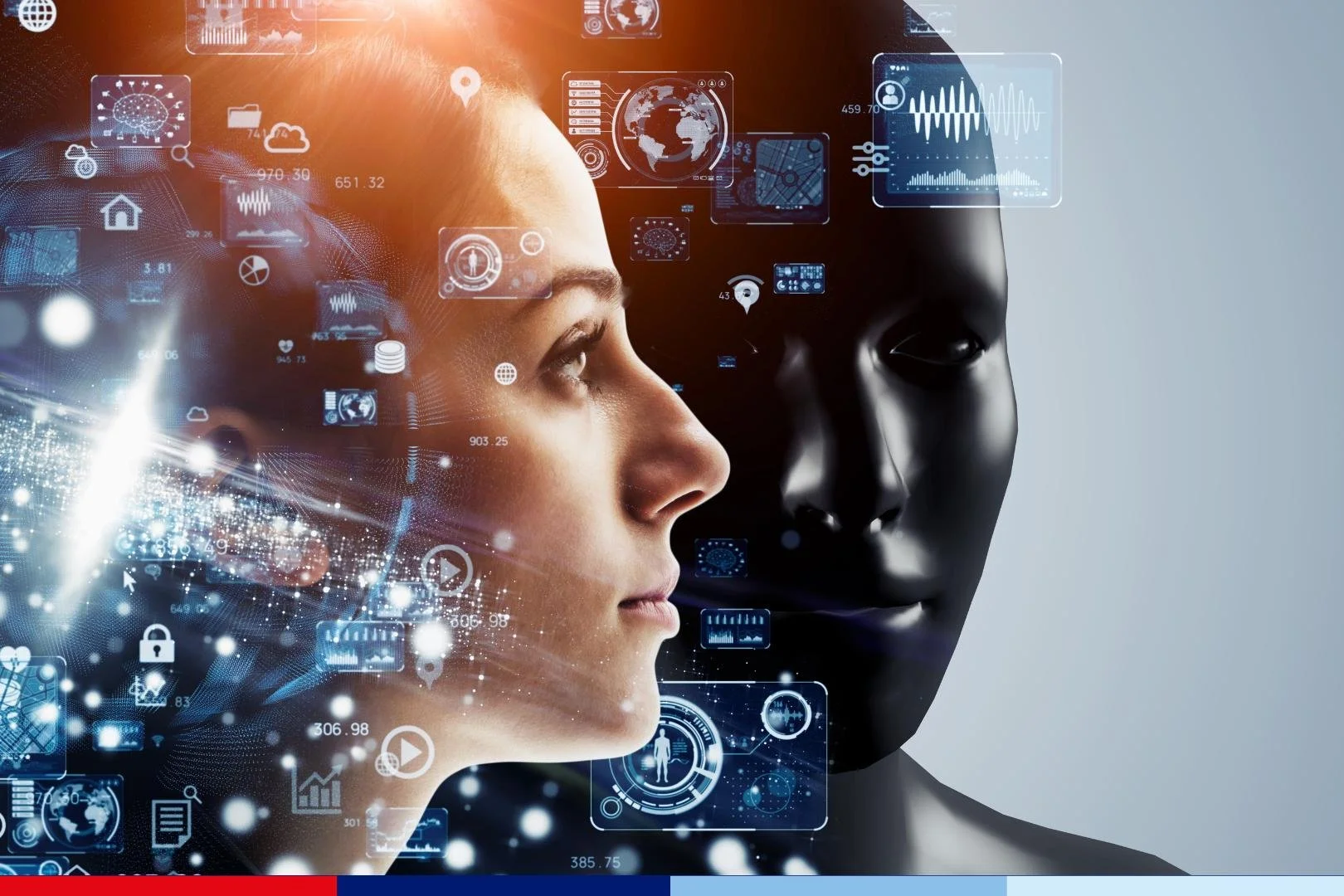Why AI Will Never Replace the Job of a Human Virtual Assistant
In today's fast-paced digital world, artificial intelligence (AI) is advancing at an astonishing rate, spreading through various aspects of our lives. One area where AI has made significant strides is virtual assistants. As AI technology becomes more advanced, some may wonder if human virtual assistants are on the brink of being replaced by the capabilities of AI. However, despite the rapid progress of AI, there are several reasons why AI will never fully replace the job of a human virtual assistant.
1. Emotional Intelligence and Empathy:
One of the primary reasons why AI cannot completely replace human virtual assistants is the element of human touch. Humans possess a unique ability to understand complex emotions, empathy, and nuances. We can gauge a person's mood, provide emotional support, and offer guidance when needed, which Ai cannot. The human touch allows for deeper connections, building trust, and providing a sense of comfort that AI simply cannot replicate. So, virtual assistants can serve as a bridge between technology and humans to provide personalised assistance. Whether it's offering a comforting word during a tough day or adapting their tone to suit the user's mood, human virtual assistants can offer a level of emotional support, care and understanding that AI simply cannot replicate.
2. Complex Problem-Solving and Adaptability:
A significant limitation of AI is its inability to adapt to rapidly changing situations or handle unexpected circumstances effectively. While impressive in its ability to follow predefined algorithms, AI may struggle to tackle situations or navigate unstructured requests that fall outside its programmed parameters. Human virtual assistants can adapt on the fly, making them indispensable for tasks requiring ingenuity and outside-the-box thinking. They can quickly assess a situation, consider various factors, and make informed decisions.
3. Intuition and Understanding Context:
Communication is another area where human virtual assistants outshine AI. While AI has made significant progress in natural language processing and understanding, it still falls short in truly understanding the context, subtle nuances, and intent behind human communication. Humans can interpret non-verbal cues, humour, sarcasm, and other complex aspects of human language, making them better equipped to communicate effectively with individuals from diverse backgrounds and cultures.
4. Data Privacy and Security:
Privacy and security concerns also contribute to the argument that AI cannot replace human virtual assistants entirely. As AI evolves, concerns about data privacy and security continue to rise. Human virtual assistants operate under strict ethical guidelines and are bound by privacy regulations, ensuring the protection of sensitive information. However, AI poses potential risks regarding data breaches and unauthorised access to personal information. The human virtual assistant can provide reassurance and a level of trust that AI systems currently struggle to achieve.
While AI has undoubtedly made remarkable progress in automating various tasks and providing valuable assistance, it is unlikely to replace human virtual assistants completely. The human touch, adaptability, emotional intelligence, communication skills, and trust-building capabilities are essential aspects of the virtual assistant role that AI systems cannot replicate. Ai will continue to advance and enhance the capabilities of a human virtual assistant, but it will not replace them entirely. The collaboration between humans and AI will create a powerful synergy, allowing for more efficient and effective virtual assistant experiences while maintaining the essential human connection.

